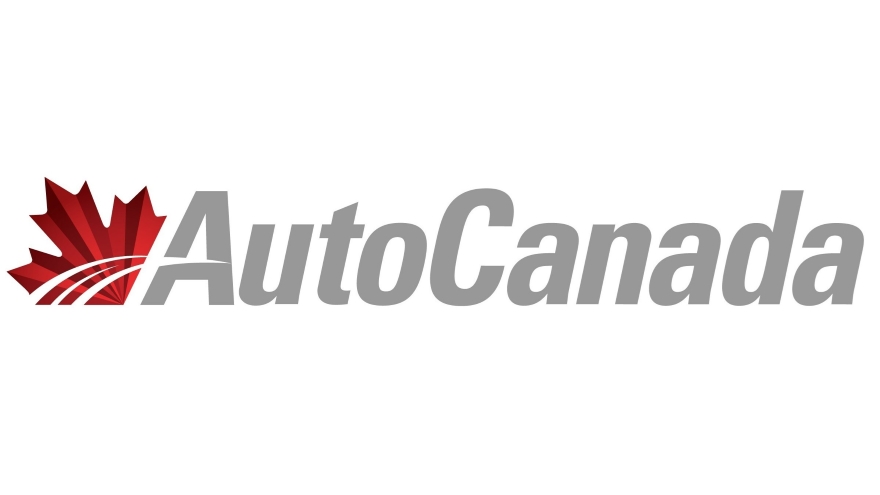AutoCanada weathers ‘rough road’ as net earnings drop 128% in Q1

Image courtesy of AutoCanada.
By subscribing, you agree to receive communications from Auto Remarketing and our partners in accordance with our Privacy Policy. We may share your information with select partners and sponsors who may contact you about their products and services. You may unsubscribe at any time.
The first quarter of 2024 is one AutoCanada might like to forget.
A combination of challenging market conditions — and weather conditions — made it a rough go for the Edmonton-based dealership group, which in its Q1 earnings call last week reported reduced revenues and a net loss for the three-month period that ended March 31.
Revenues were down 7.7% from Q1 2023, coming in at $1.421 million and gross profit dropped 10.1% year-over-year. As a result, AutoCanada went from a net profit of $8.4 million a year ago to a net loss of $2.4 million this year — a drop of 128.2%. In addition, the company’s EBITDA was $22 million, less than half of the $45 million for the same period in 2023.
A major part of that shaky performance was a 12.8% year-over-year decrease in used-vehicle sales, from 15,290 units to 13,330. In addition, F&I profit per unit fell 5.4% YOY as a higher percentage of vehicle were purchased without dealer financing, which Antony said created fewer opportunities to sell high-margin warranty and insurance products.
And even though new-car sales rose 5.9% to 9,287 units, that increase was offset as gross profit per new unit plummeted 9%.
“During the first quarter, the trend of replenishing new light vehicle inventory, combined with consumer preference to buy affordable vehicles and minimize borrowing costs, resulted in continued normalization of total gross profit per new retail unit,” executive chairman Paul Antony said.
Subscribe to Auto Remarketing to stay informed and stay ahead.
By subscribing, you agree to receive communications from Auto Remarketing and our partners in accordance with our Privacy Policy. We may share your information with select partners and sponsors who may contact you about their products and services. You may unsubscribe at any time.
“This, combined with extremely cold weather impacting foot traffic in many of our Western Canadian stores, along with a shortage of quality, well-priced used vehicles available to procure for our used division, culminated in challenging operational dynamics during the first quarter.”
The good news for AutoCanada came from its collision repair business, which showed a 34.4% leap in gross profit. Antony said that growth was driven by strong customer demand, increased production capacity and acquisitions.
With its strong performance, Antony said AutoCanada plans to split the collision operation off as a separate division from parts and service. The company has acquired 11 collision centers during the past five years, raising its total to 27 locations that generated more than $10 million in EBITDA in 2023.
While the overall picture for Q1 wasn’t pretty, Antony said the company remains focused on Project Elevate, a five-year strategic plan to “maximize gross profit, modernize our corporate infrastructure and optimize our cost structure,” which he said is “the path to a lower cost and more profitable business in the future.”
Antony didn’t go into detail about the plan but said one element is to emphasize customer-paid repair orders.
“If we can get our bottom-performing stores to actually just manage to average, it’s a significant jolt of EBITDA to the bottom line,” he explained. “And frankly, I’m really impressed — it’s starting to translate now. But again, it’s not something that happens overnight.”
In addition, AutoCanada has completed a restructuring of its U.S. division during Q1 and began implementing Canadian operating standards, which Antony said should “have a positive impact in coming quarters.”
Also in the coming quarters, he said, the company sees an opportunity to scale its U.S. operations, as “it provides a wonderful platform for us to be able to go and acquire in the states at the right time. It needs to prove itself out first, but it is definitely going in the right direction.”
Antony said reducing vehicle acquisition costs by acquiring used inventory through non-traditional channels is a priority as AutoCanada works to cut expenses and increase efficiency. As one example, he said, the company has significantly reduced its average reconditioning time to 8.3 days.
“It’s been a rough road,” he said. “We have a lot of headwinds, but I am optimistic that we are making the right changes right now in the business for the business.”
AutoCanada elects directors
On May 2, AutoCanada held its annual general meeting, at which it elected its board of directors for the coming year. A total of 14,207,935 common shares — representing 60% of all the shares issued and outstanding — were represented virtually or by proxy.
Seven directors were elected, led by Antony, the executive chairman. The board also includes Stephen Carlisle, Rhonda English, Stephen Green, Christopher Harris, Barry James and Elias Olmeta.


